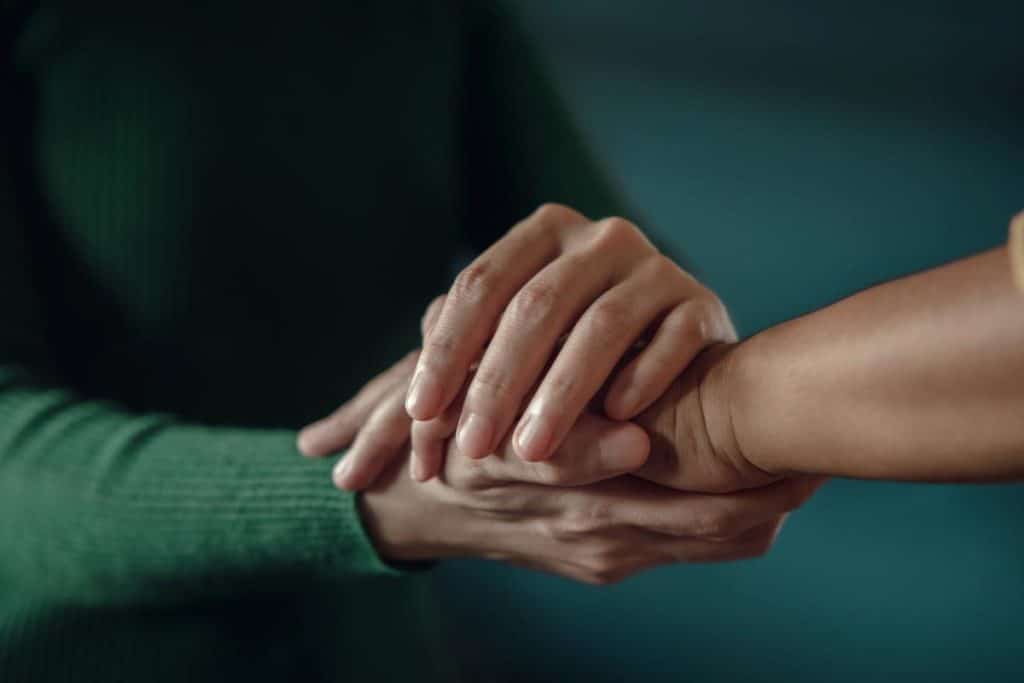Post-traumatic stress disorder, or PTSD, is a disorder where a person has a difficult time after experiencing or witnessing a terrifying event. It is often associated with combat veterans but could also occur in someone who witnessed or experienced a serious accident, a natural disaster, sexual violence, or a serious injury. It is estimated that about 6% of the American population will have PTSD at some point in their lives. PTSD and addiction often co-occur as a response to severe trauma. Getting a proper diagnosis is essential to treating both disorders and recovering. It can be hard to witness a loved one who is suffering from PTSD. If you know someone who is struggling, reach out to Northpoint Nebraska and learn more about our PTSD treatment program.
How to Help Someone with PTSD
To help someone with PTSD, it is important to educate yourself about the disorder. Most people who go through a traumatic event can have temporary difficulty adjusting and coping. However, with time and healthy self-care, they usually get better. If the symptoms get worse, last for months or years, and interfere with daily functioning, it may be PTSD. Symptoms of PTSD are grouped into four types: intrusive memories, avoidance, changes in thinking and mood, and changes in physical and emotional reactions.
Some symptoms of PTSD can include:
- Recurring, unwanted memories of the traumatic event
- Upsetting dreams or nightmares about the event
- Trying to avoid thinking or talking about the event
- Avoiding places, people, or activities that remind you of the traumatic event
- Feeling detached from family and friends
- Difficulty experiencing positive emotions
- Being easily startled
- Always being on guard for danger
PTSD does not just impact the person struggling but those around them as well. It is overwhelming when someone you know is struggling. PTSD takes a heavy toll on relationships and family life. Someone with PTSD may be less affectionate, moodier, and distance themselves from family and friends. It can be hard not to take this personally, but it is important to remember that those struggling are not always able to control their behavior. If you believe someone you love has PTSD, giving them the proper support they need is important.
Tips for Supporting Someone with PTSD
Supporting someone with PTSD is not easy, but with the right support from a loved one, someone with PTSD can overcome what they are going through. It is important to be patient and listen to them. While it can be difficult, it is also important to make an effort to manage your own stress. The more calm, relaxed, and focused you can be, the better you will be able to support and help your loved one.
Some tips for supporting someone with PTSD are:
- Do not pressure them to talk
- Let them take the lead instead of telling them what to do
- Listen without expectation or judgment
- Do not invalidate or minimize their traumatic experience
- Express your commitment to the relationship
- Ask how you can help
- Create routines
- Ask your loved ones about potential triggers and make a plan for how to respond in the future
- Encourage them to attend a support group
Supporting someone with PTSD is not the same as curing them. It can be hard to navigate, but it is crucial to offer them support and encouragement, not force them to seek treatment. There are many resources available for people suffering from PTSD and treatment services for those also struggling with addiction at the same time.
Find Treatment Options for PTSD at Northpoint Nebraska
Different options for treating PTSD include individual counseling, group therapy programs, and family therapy. At Northpoint Nebraska, we provide our clients with the programs and services they need to overcome addiction or mental health disorders. Reach out to us at 888.351.3834 to learn more about our facility and treatment approach.




